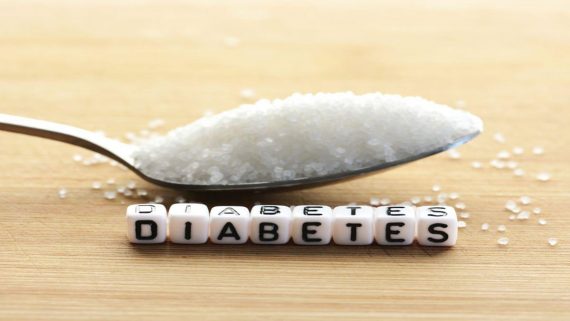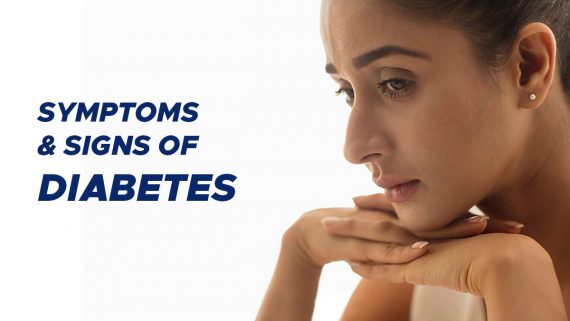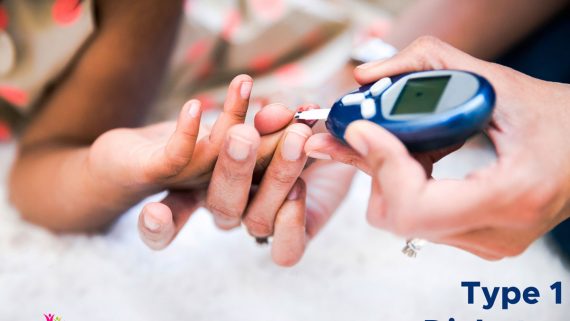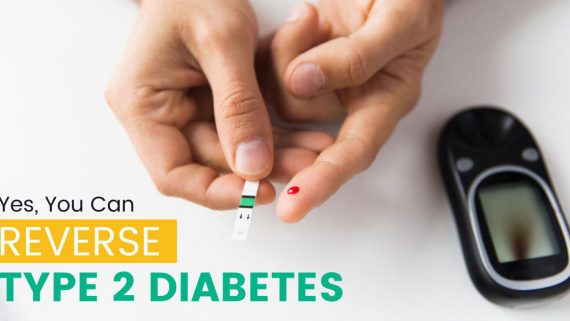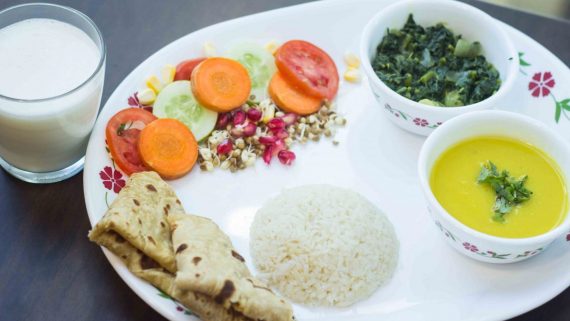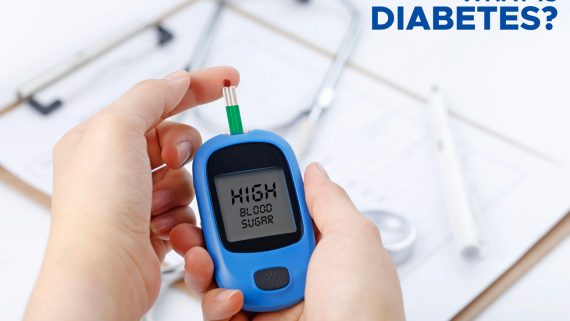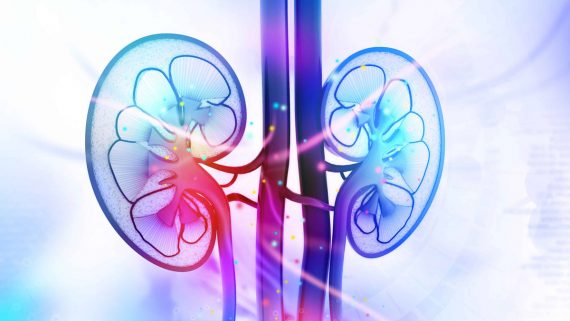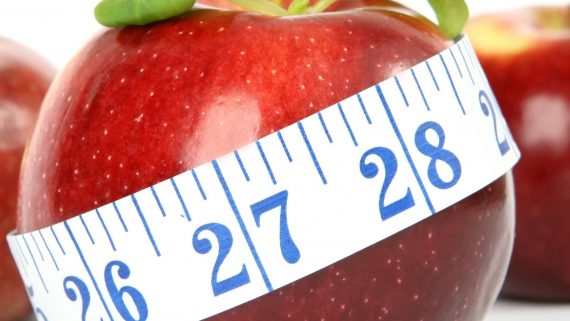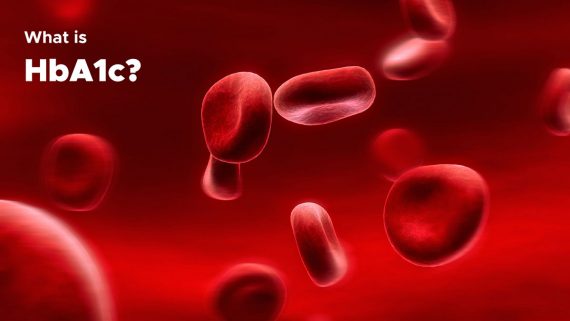Glucose isn’t something as bad as it termed as. You may wonder what makes us claim that. But what needs to be known is Glucose is necessary for the body to run and function efficiently. Glucose is the charger, energizer and fuel that the body uses to carry out various internal and external activities. When we eat food, be it anything from a humble Banana to an expensive Mango, Carbohydrate is omnipresent. Carbohydrate is a complex structure formed of too many Glucose molecules. When these carbohydrates enter the body, they are broken down into Glucose by the various enzymes present in the body. Extra Glucose molecules are converted into glycogen and stored in the liver for further energy requirements.
The Glucose enters the cells of the body to provide the energy required for basic functioning. But when we are not eating enough, glycogen is reconverted to Glucose to meet the energy and vitality requirements of the organs. The hormone ‘Insulin’ paves the way for Glucose to enter into the blood cells. When Insulin is not released enough, the Glucose cannot enter the body and thus the levels of Glucose is increased in the blood stream. This presence of high amounts of Glucose in the bloodstream and over a period in the urine gives rise to ‘Hyperglycemia’, the condition further leading to Diabetes.
Diabetes symptoms can be so mild that you don’t notice them. That’s especially true of type 2 diabetes. Some people don’t find out they have Diabetes until they suffer from long-term damage caused by the disease.
With type 1 diabetes, the symptoms usually happen quickly, in a matter of days or a few weeks. They’re much more severe, too
Common Symptoms
Common symptoms of Diabetes are mostly inflected due to the presence of high glucose levels in blood.
- Thirst, dry mouth
- Polyuria (frequent urination)
- Nocturia (frequent urination at night)
- Tiredness, Fatigue
- Recent Change in weight (weight loss)
- Blurring of vision
- Pruritus vulvae, balanitis (genital itching)
- Nausea, headache
- Hyperphagia(urge to eat more sweet food), predilection for sweet foods
- Mood change, irritability, difficulty in concentrating, apathy
Both types of diabetes have some of the same telltale warning signs.
- Hunger and fatigue – Your body converts the foo
What is Type 1 Diabetes?
Type 1 Diabetes also known as Juvenile Diabetes or insulin dependent Diabetes is a chronic condition in which the pancreas produces little or no insulin. The utilization of Glucose for energy in the body is regulated by the hormone ‘Insulin. Insulin is secreted by specialized cells in the Pancreas. Different factors, including genetics and some viruses, may contribute to type 1 diabetes. Although type 1 diabetes usually appears during childhood or adolescence, it can develop in adults.
Despite active research, type 1 diabetes has no cure. Treatment focuses on managing blood sugar levels with insulin, diet and lifestyle to prevent complications. Diabetes is a global epidemic with debilitating and life-threatening complications in children and adolescents. Type 1 Diabetes is most common in young children and the main stay of treatment is insulin.
Causes of Type 1 Diabetes
Type 1 is an autoimmune condition. An autoimmune condition is when your immune system, which normally keeps your body safe against disease, attacks itself instead. Other examples of autoimmune conditions include multiple scleros
Type 2 Diabetes is a massive public health problem. Type 2 Diabetes is a chronic condition that gradually develops over a period of time and prevails during an individual’s lifetime. Around 1.5 million adults are estimated to develop Type 2 Diabetes by the Disease control and prevention centers.
Diabetes has a unique impact on the lives of people and it accounts for a lifelong care. However, lack of information about Diabetes can mislead people and affect them in the management of this chronic disease. There’s nothing that one should be panicking about when being detected with diabetes because with proper diagnosis and management activities, it can be kept under control. There are two major types of Diabetes – Type 1 and Type 2 Diabetes, amongst which Type 2 is the most common form of Diabetes Mellitus. The utilization of Glucose for energy in the body is regulated by the hormone ‘Insulin. Insulin is secreted by specialized cells in the Pancreas. In type 2 Diabetes, due to the body’s inability to properly respond to Insulin, there is a high level of sugar(glucose) in the blood stream. This excessive amount of blood glucose make its way to urine and is spilled in the urine giving rise to glucosuria – presence of glucose in urine.
Symptoms of T
Diabetic Diet
Figuring out the best foods to eat when you have type 1 diabetes mellitus or type 2 diabetes mellitus can be tough. The main goal is to keep blood sugar levels well-controlled. However, it’s also important to eat foods that help prevent diabetes complications. Taking steps to prevent or control diabetes doesn’t mean living in deprivation; it means eating a tasty, balanced diet that will also boost your energy and improve your mood. You don’t have to give up sweets entirely or resign yourself to a lifetime of bland food. Here are the best choices and worst choices for diabetics.
Diabetes and Breads, Grains, and Other Starches
Your body needs carbs. But you should choose wisely. Use this list as a guide.
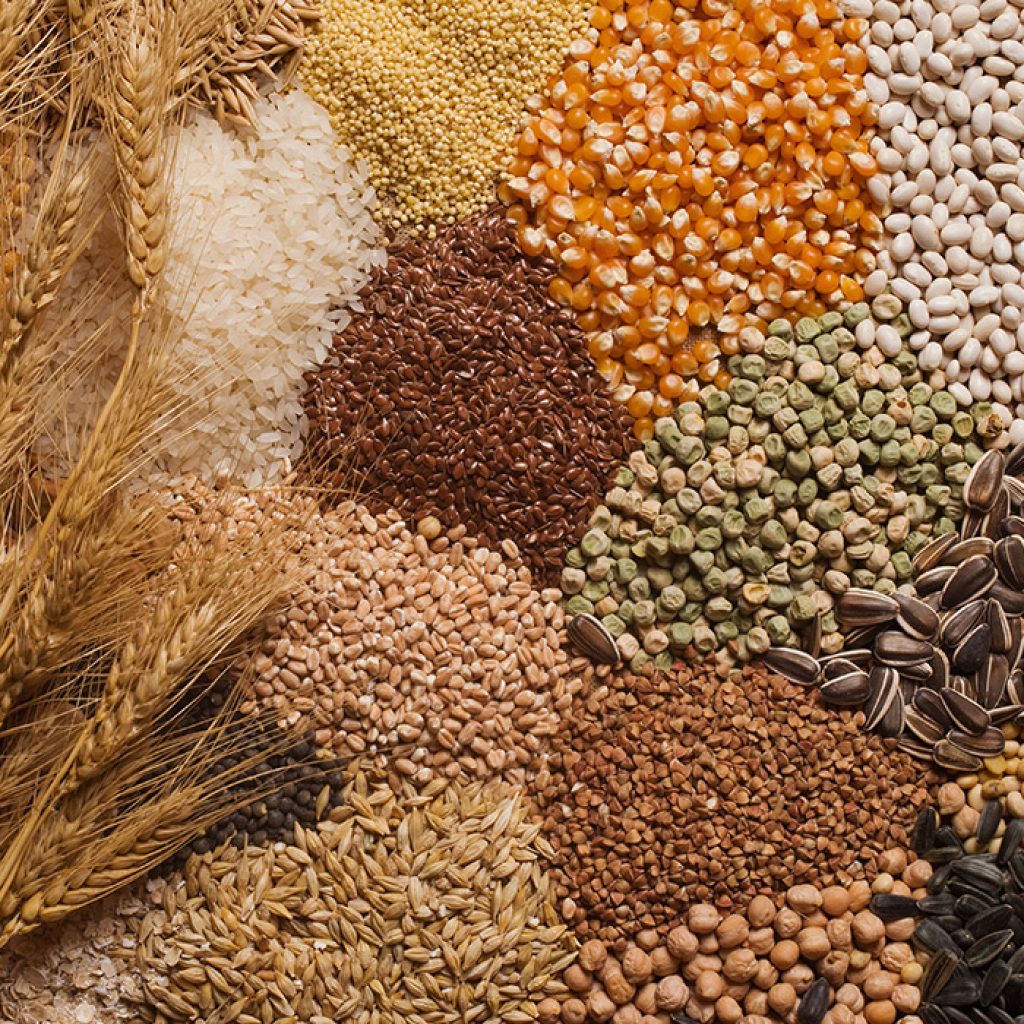
Best Choices
- Whole-grain flours and whole grains such as wheat,
India has one of the largest number of people with diabetes at around 72 million and these numbers are expected to increase to 134 million in the next 10-15 years. Thus, it is very important to know what exactly diabetes is, in detail. So today, Dr. Paresh Ved, renowned diabetologist, gives us the answers to a few Frequently Asked Questions (FAQs) about diabetes.
Q.1 What exactly is Diabetes?
Okay, so why does a car need fuel to run? The fuel provides the car with energy to run, right? But now imagine a situation wherein your car refuses to use that fuel.
That is exactly what happens to a person with diabetes mellitus. When a diabetic patient eats, his blood sugar levels increase, but due to the lack of insulin, the body refuses to deliver this blood sugar to your cells. This means that there is too much sugar floating around in your blood which can lead to major
Q.2 Is Diabetes curable/reversible?
No, Diabetes cannot be cured but it can definitely be controlle
There are around 72 million people with diabetes in India and these numbers are expected to increase to 134 million in the next 10-15 years. Uncontrolled diabetes can affect many organs and the kidney is one of the most serious of these complications. On World Kidney Day, its time we start paying attention to this issue. After 15 to 20 years of having diabetes, nearly a third of people with the condition develop kidney complications. Diabetes mellitus is the most common cause of chronic kidney disease and kidney failure in the world. Therefore, it is essential that all clinicians understand how to appropriately screen patients for diabetic kidney disease with a focus on prevention of kidney diseases, and if is already present, to try to slow down its progression.
Stages of diabetic kidney disease
This first stage of diabetic kidney disease (DKD) is called microalbuminuria, and at this stage small amounts of albumin begin to leak into the urine. As the disease progresses larger quantities of albumin leak into the urine. This stage is called macroalbuminuria or proteinuria. Slowly the kidneys’ filtering capacity begins to drop and the body begins to retain various waste products as filtration falls. As kidney damage develops further, the blood pressure rises and this further damages the kidney. After months or years, the DKD may progress to end st
A pregnant woman presents to her doctor with complaints of frequent thirst, excess fatigue, and is found to be prone to infections. The doctor examines her and orders for a few tests and diagnoses her with having developed ‘gestational diabetes mellitus’ or GDM. While diabetes has long been a health concern in the country, what exactly is gestational diabetes mellitus (GDM) and what does it mean? We are here to give you a better understanding. Several studies have shown that the prevalence of gestational diabetes is rising in India, with Indian women genetically predisposed to it. One study pegs the prevalence of GDM in south India to be 17.8% in urban women, 13.8% in semi-urban women and 9.9% in rural women.
“Gestational diabetes is nothing more than a condition in which a woman who is not diabetic and has normal blood sugar levels prior to pregnancy, develops diabetes during pregnancy as a result of several hormonal changes which take place in the body,” explains Dr Paresh Ved. “What should be noted is that mos
Trying to balance the demands of family and work or school—and coping with media pressure to look and eat a certain way—can make it difficult for any woman to maintain a healthy diet. But the right food can not only support your mood, boost your energy, and help you maintain a healthy weight; it can also be a huge support through the different stages in a woman’s life. Healthy food can help reduce PMS, boost fertility, make pregnancy and nursing easier, ease symptoms of menopause, and keep your bones strong. Whatever your age or situation, committing to a healthy, nutritious diet will help you look and feel your best and get the most out of life. Why many women lack with their Nutritional Needs? As women, many of us are prone to neglecting our own dietary needs. You may feel you’re too busy to eat right, used to putting the needs of your family first, or trying to adhere to an extreme diet that leaves you short on vital nutrients and feeling cranky, hungry, and low on energy. While what works best for one woman may not always be the best choice for another. Whether you’re looking to improve your energy and mood, combat stress or PMS, boost fertility, enjoy a healthy
A lot is written about HbA1c and a plethora of information about HbA1c is available for netizens. As a diabetologist, I would like to explain this to you in a slightly more simplistic manner. Hba1c is like a CCTV of our office, it records everything that you eat (the glucose content of the food). It records everything for 3 months and it is unbiased… So, it will record everything, the small dessert you had, the cheat meal you gorged and practically everything.
There are so many tests these packages offer. So should I go for an HbA1c?
You may need an HbA1c test if you have symptoms of diabetes. These include:
- Increased thirst
- Increased urination
- Blurred vision
- Fatigue
Your health care provider may also order an HbA1c test if you are at higher risk for getting diabetes. Risk factors include:
- Being overweight or obese
- High blood pressure
- History of heart disease
- Physical inactivity
It is a very important tool to know if your diabetes management plan (lifestyle modification and medicines) are on the right track or not. Interpretation of results:
- Normal: HbA1c below 5.7%
- Prediabetes: HbA1c between 5.7% and 6.4
- Diabetes: HbA1c of 6.5% or higher
In known diabetic patients, the following values can be considered as a tool for monitoring gly

